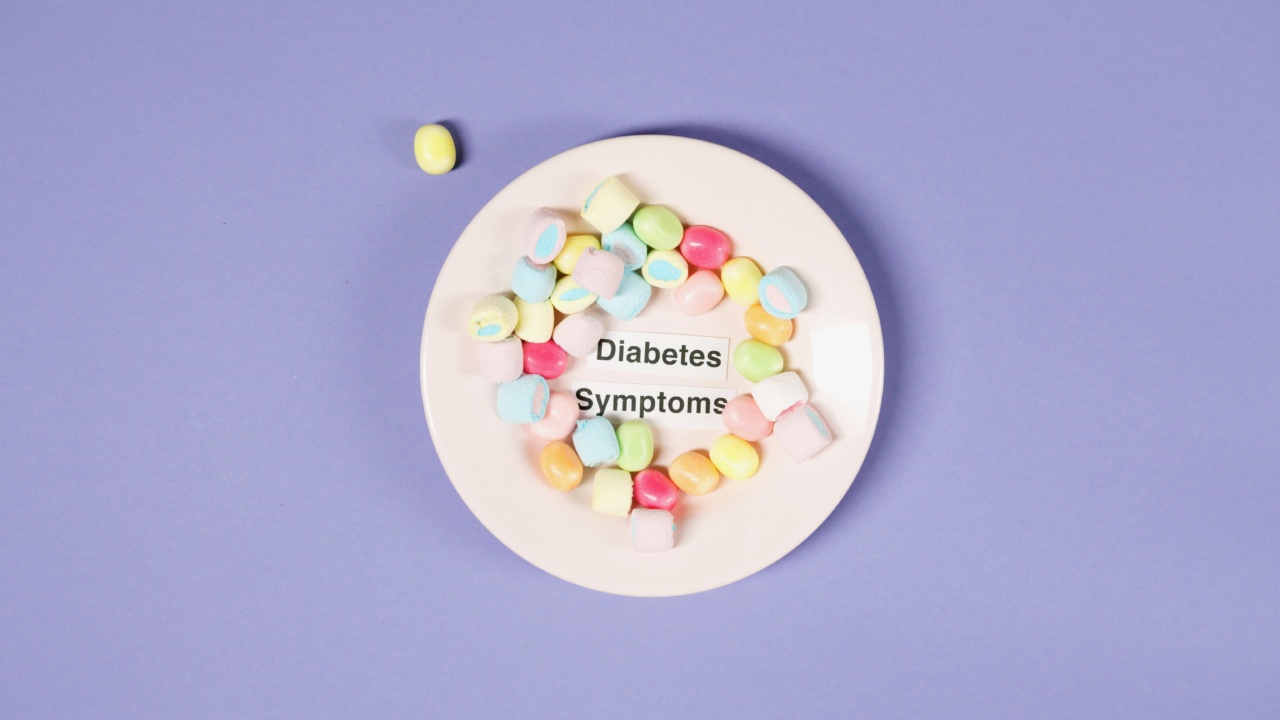When you’re experiencing symptoms like bloating, gas, heartburn, and more, there could be several contributing factors. In many cases, dietary choices are among the culprits.
If you want to get relief from your symptoms, you’ll need to start by changing your diet. Here are the top nine foods you should avoid for your symptoms.
1. Dairy
Dairy products are high in lactose, which is a type of sugar that some people have trouble digesting. If you’re lactose intolerant, consuming dairy products can lead to bloating, gas, and diarrhea.
Beyond lactose, some people also have a sensitivity to casein, which is a protein found in dairy. If you suspect dairy is causing your symptoms, try cutting it out of your diet for a few weeks to see if there’s an improvement.
2. Gluten
Gluten is a protein found in wheat, barley, and rye. If you have celiac disease, eating gluten can lead to severe digestive issues, as well as fatigue, joint pain, and skin rashes.
Even if you don’t have celiac disease, you may still be gluten-sensitive. In this case, consuming gluten can cause bloating, abdominal pain, and diarrhea.
3. Fried Foods
Foods that are deep-fried or cooked in oil are high in fat, which can slow down digestion. They can also irritate your stomach lining, leading to heartburn and acid reflux.
In addition to these digestive issues, consuming fried foods can also increase your risk of heart disease and other health problems.
4. Spicy Foods
Spicy foods can be delicious, but they can also be a nightmare for your digestive system. Spices like chili peppers and cayenne can irritate the lining of your stomach and cause heartburn.
They can also speed up digestion, leading to diarrhea and cramping.
5. Carbonated Beverages
Carbonated beverages like soda and sparkling water can cause gas to build up in your digestive system. This can lead to bloating, cramping, and discomfort.
It’s best to avoid carbonated beverages altogether if you’re experiencing digestive issues, or at least limit your intake as much as possible.
6. Alcohol
Alcohol can irritate the lining of your stomach, leading to acid reflux and heartburn. It can also slow down digestion, causing bloating and constipation.
If you’re experiencing digestive issues, it’s best to avoid alcohol altogether or limit your intake as much as possible.
7. Caffeine
Caffeine is a stimulant that can speed up digestion and cause diarrhea. It can also irritate the lining of your stomach, leading to acid reflux and heartburn.
If you’re experiencing digestive issues, it’s best to limit your intake of caffeine or avoid it altogether.
8. Processed Foods
Processed foods are often high in fat, sugar, and salt. They’re also low in fiber, which can slow down digestion and lead to constipation.
In addition to these digestive issues, consuming processed foods can increase your risk of heart disease, diabetes, and other health problems.
9. Raw Vegetables
Raw vegetables are healthy, but they can be difficult to digest. Your stomach may have trouble breaking down the tough fibers in vegetables like kale and broccoli. This can lead to bloating, gas, and discomfort.
If you’re experiencing digestive issues, try cooking your vegetables before eating them to make them easier to digest.
Conclusion
If you’re experiencing digestive issues, changing your diet is a crucial step towards relief. By avoiding the foods listed above, you can reduce the severity of your symptoms and improve your overall health.
Keep in mind that everyone is different, so it’s important to pay attention to how your body reacts to different foods. With some trial and error, you’ll be able to identify the foods that are causing your symptoms and make the necessary changes to your diet.































